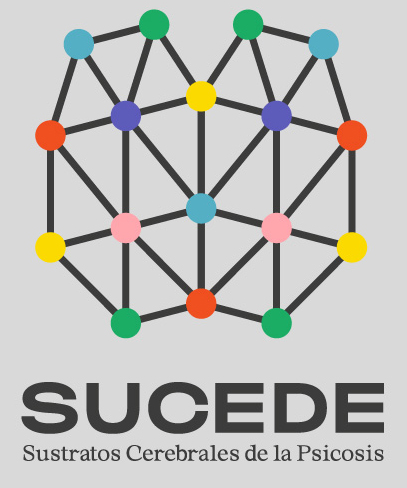PRELIMINARY RESULTS: ALTERATIONS IN COROLLARY DISCHARGE IN SCHIZOPHRENIA
Corollary discharge (CD) is a mechanism used to distinguish self-generated perceptions from those coming from external sources. To correctly make this distinction, a copy of the motor processing is sent to the sensory regions, predicting the sensory consequences that this motor act will generate. By comparing this prediction with the consequences that actually occur, a suppression of sensory processing takes place. Thanks to this we can label the sensations that come from acts generated by ourselves and, therefore, minimize the processing resources related.
CD has been studied in several sensory-perceptive phenomena, but we have focused especially on the perception of speech itself. In this case, CD will prepare the auditory cortex by establishing a connection between the frontal lobes, in charge of speech generation, and the temporal lobes, where hearing takes place.
In humans, CD generated during vocalization is studied by analyzing the N1 or N100 evoked potential, recorded by electroencephalogram (EEG). The N1 component is generated in the Heschl’s gyrus and shows the level of cortical activity in response to both self-generated speech and the speech coming from external sources. In healthy people, during speech vocalization, the N1 appears inhibited compared to passive listening to stimuli, which has been deduced as an effect of CD. Failures in CD have been associated with typical symptoms of psychosis, such as auditory hallucinations. In our study, participants perform three tasks: 1) listening to another’s voice, 2) listening to one’s own voice while speaking, and 3) listening to one’s own recorded voice afterwards. Our preliminary results show that, in people with schizophrenia, no reduction of the N1 is observed during the self-generated speech condition, as it does in healthy control participants, which may indicate a failure in CD. We have yet to study and analyze what relationship this alteration may have to the symptoms and cognitive impairment that people with schizophrenia present during the course of their illness.



